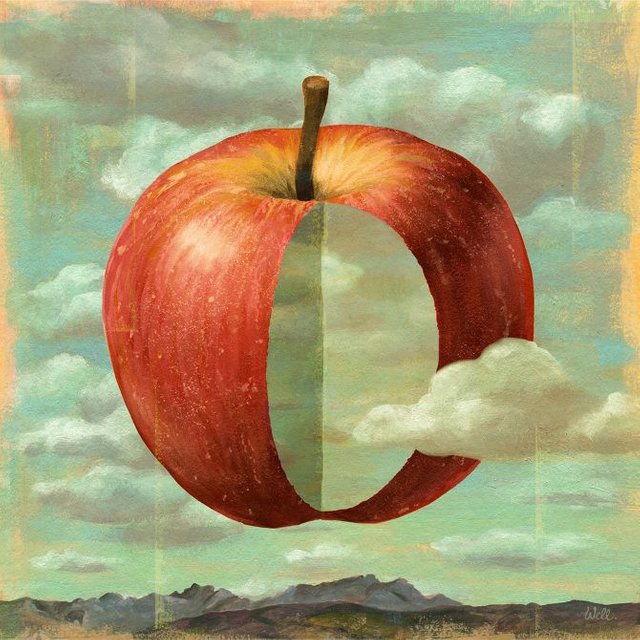The problem with the meaning of life / Part 2/
As an encyclopedia of meaning, Terry Eagleton, who, unlike Nietzsche, waited for the sunset or eclipse of the big question, follows the realization of Nietzsche's prophecy. In his analysis, the triumph of the subject of meaning is limited in time after modernity and postmodernity, when philosophical existentialism and the work of authors such as Tolstoy, Chekhov, Konrad, Kafka, Beckett and their "colleagues" work tirelessly and loudly in the enterprise of the nihilistic anxiety about "Why?" of life. According to him, and in complete accord with Nietzsche's idea of the intermodality of nihilistic nostalgia in a morally and religiously guaranteed sense, the typical modernist work is still pursued by the memory of the ordered cosmos, from which its propensity to experience its loss as a torture, scandal and deprivation . Postmodernism, however, is young enough and free from the burden of the memory of Truth, Purpose and Reality, which means that on the accounts of Eagleton, the last admirers and hostages of Absurd - Sartre and Camus - do not belong to the new situation. It seems with their time that the long-term restorative process of detoxification of the modern spirit, in which secularization and moral pluralism take away the intoxication of eternal reasons and ends, is over. And the healed postmodern spirit is brave enough in its short memory to delight in the discovery that the nostalgia for the lost great stories has disappeared in many people and that "the time of mourning has already passed".
In fact, the myth of Sisyphus, pathetic and dramatic, just as much as a modernist work, is a compendium of philosophical anxiety about meaning, and at the same time a critique of the philosophical post-Byzantine tradition that meditates on the vanity, foolishness and absurdity of life, but escapes to some consolation of metaphysical type. According to Camus Kierkegaard, Jaspers, Shestov, Husserl, Heidegger have made the first step, but then have not reached the courage and instead of accepting the absurd, instead of leaving hope and wandering on the trail of lost meaning, they began to juggle with the ideas of eternal meaning and hopelessness, without dropping either. As a faithful Nietzschean, Camus reiterated in part the diagnosis of his teacher to elucidate the psychology of the absurd man: in a universe suddenly devoid of illusions and light, one feels alien; and everything is hopeless, because knowledge is deprived of the memories of the lost homeland and the hope of promised land. The motive for the alien, of course, is not Nietzschean; it is more in the style of Schopenhauer (his insight into the alienity of the world in which there is no peace, coziness and clarity); for a Nietzsche stranger could only be a nihilist, with his ornate perspective from an orphaned child. Camus looks at the existentialists is watching just such a childhood that he believes he himself overcame through the character of his hero - the absurd man. It is this hero that is the prototype of the postmodern character who will happily walk around this strange but captured land, but Camus does not know yet. He does not yet know that his absurd person will abandon, along with the question of meaning, together with Schopenhauer's "disgust" and Sartre's "disgust" and all the auspicious aesthetics of the "heart".
Camus will be the last hostage to the "Shadow of God," judging by the fact that his tone still gives a fresh memory to catching some absolutes; his, of course, is not divine, but absurd. If Kierkegaard replaces the Absolute with the Absolute of Choice , Camus replaces Absolute Absolute with Absolute Absolute. This traumatized atheist, in the words of Robert Solomon, creates a program for the ultimate exaggeration of the longing in the sense, but still from the position of horror and the insult of insolvency of life. The terminology of his absurdist doctrine is only possible in the context of a clear memory of the divine and moral order: rebellion, sin and meaninglessness are the slogans of the transition. Once accomplished, this transition loses the living memory of life in truth, absolute, and community, and with it mentioned that life must be justified. Today, discussing the topic of meaning, the question of whether life is meaningful is met by philosophers with derision, and the general public has acquired the ability to humorize the absurdity of life. Solomon himself, who basically sympathizes with Camus' phenomenological depth, and also reports that many of his own students are pushing the question of meaning, proving that he is not fabricated by the philosophical extravagance of the post-war era, joking that Kamium's melodramatic statement , that "suicide is the most serious philosophical problem," can dazzle any more sensitive freshman.

To listen to the audio version of this article click on the play image.

Brought to you by @tts. If you find it useful please consider upvoting this reply.
I believe that the meaning of life is given to each individual, with the purpose that he gives to his own life, although I myself sometimes get carried away in this topic I always end up remembering that life is not a problem to be solved, but rather a mystery to live it, doing good without looking at who. Regards!